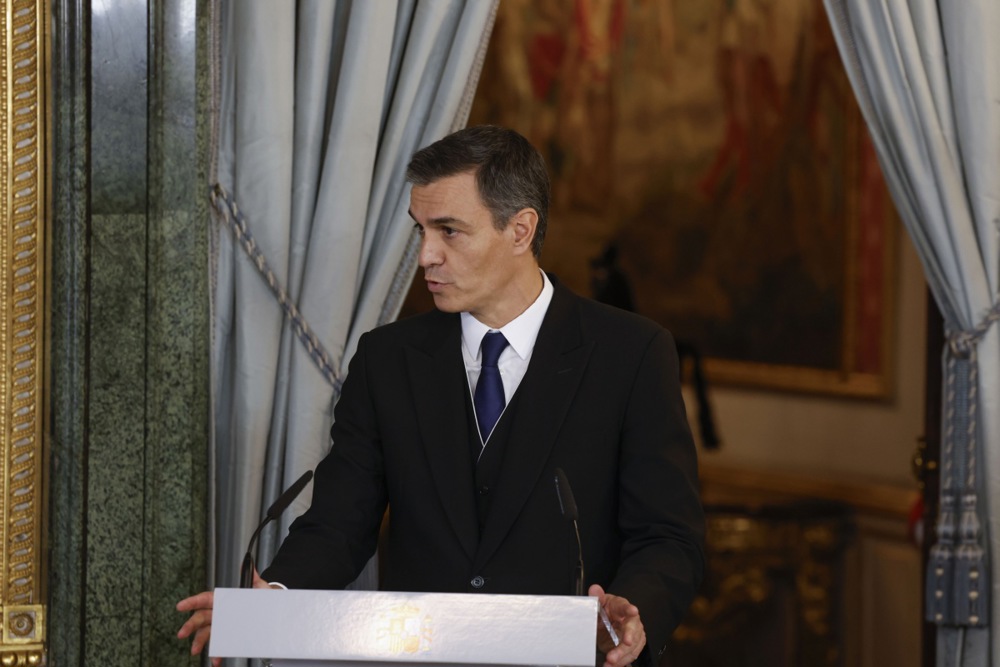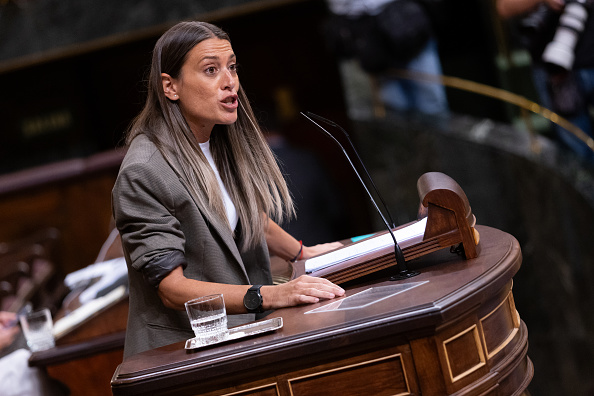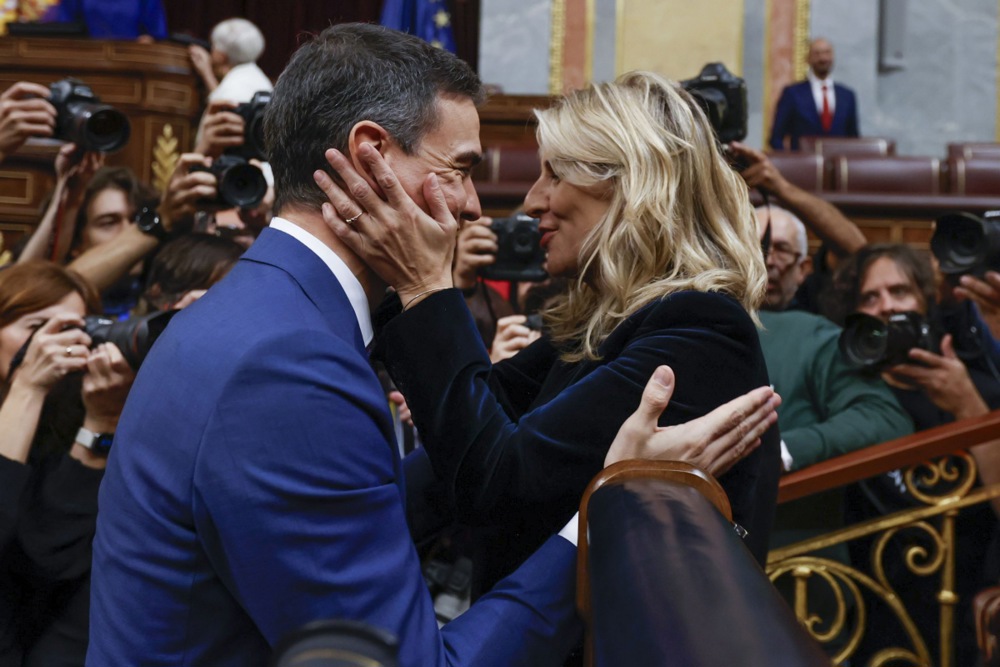The National High Court of Spain revealed the inner circle of MEP Carles Puigdemont was aware of Russian’s plan to invade Ukraine since 2017.
Judge Joaquín Aguirre’s resolution noted that close aides to Puigdemont, former president of the Catalonia region, had close personal relationships “with individuals of Russian nationality”.
It also stated that Puigdemont aides met with German and Italian diplomats with ties to Russian secret services.
Judge Aguirre’s report said these operatives were “interested in establishing links to have political and economic influence over the government of Catalonia, should it unilaterally secede from Spain”.
In the so-called “Voloh Operation” of 2020, the Russian Government agreed to “provide economic and military support” to Catalonian independence movement led by Puigdemont.
His former chief of staff, Víctor Terradellas, would often travel to Moscow to meet with high-level officials in the Kremlin.
According to text messages from 2018 that the court accessed, “Terradellas knew Russia would invade Ukraine.”
The collaboration with the Catalans was designed to help Russia “unleash a war with the European Union, invade Ukraine, limit Russian gas supply, and destabilise democracy in Europe”, the court report said.
Spain’s National High Court is currently investigating the alleged Russian interference in the 2017 Catalan coup attempt and declaration of independence.
Judge Aguirre said the court will extend the inquiry for further six months “given the extraordinary complexity of the case and a vast number of documents that have not been reviewed”.
Spanish MEPs from Renew Europe called for a European Parliament plenary session to debate “Russia’s interference on internal European affairs”.
The chair of the Parliament Committee on Legal Affairs Adrián Vázquez Lázara, said that “any tie to Russia and its satellites must be uncovered and persecuted”.
Spain’s Socialist Government “is working to free Puigdemont and its minions from any responsibility… all to keep Pedro Sánchez in power”’ he added.
The Spanish Government has not officially responded to these claims.
Prime Minister Pedro Sánchez’s Socialist Party (PSOE) recently registered a bill for a controversial amnesty law to pardon Catalan separatists convicted after the 2017 declaration of independence.
At the time of writing, the Spanish Parliament was set to debate that bill on January 30. It was expected to pass, despite the opposition’s major mobilisations against it in major Spanish cities and the threat from Puigdemont’s party (Junts per Catalunya) to vote against it for not having “enough guarantees”.





